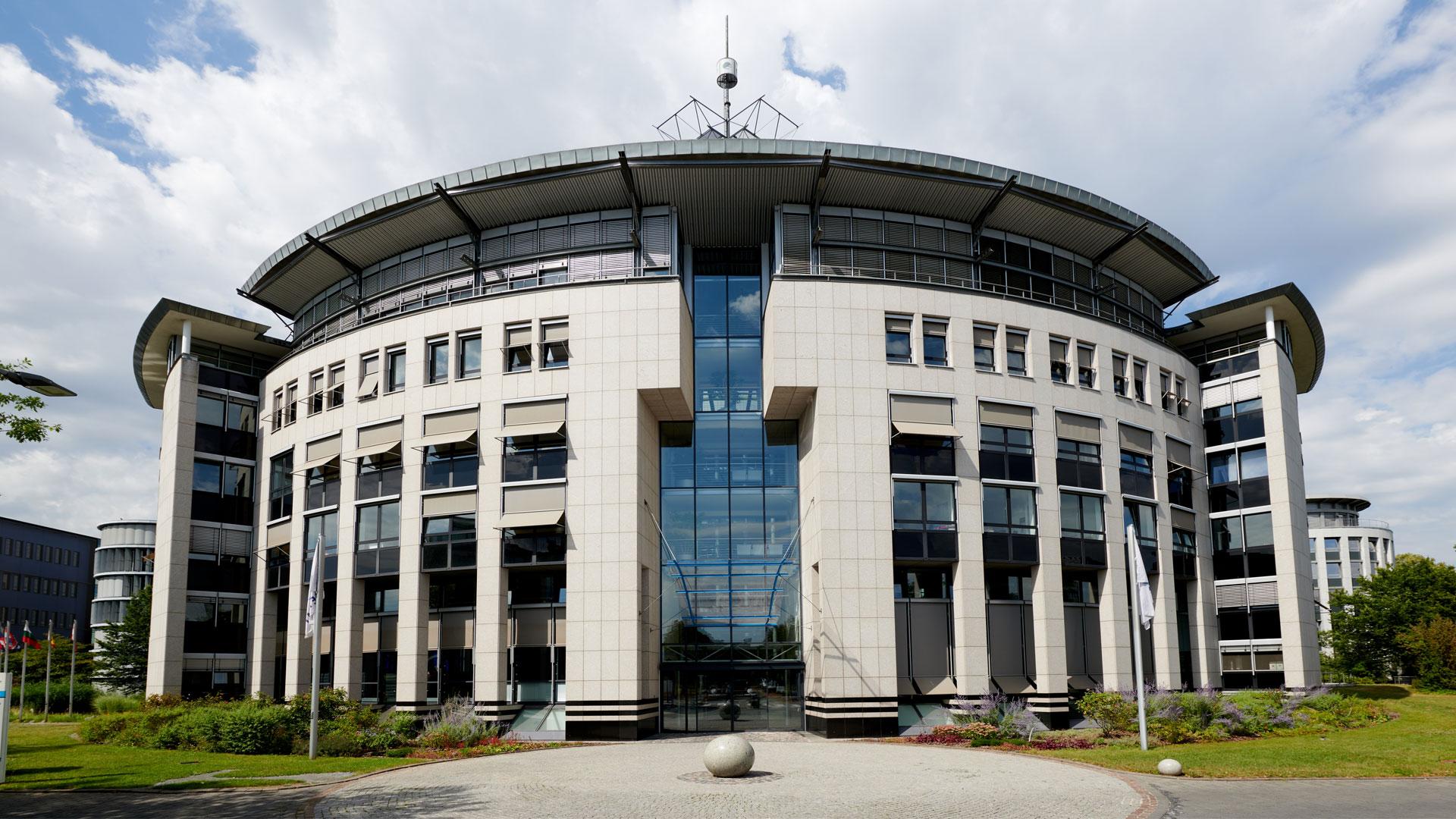The organisation currently has cooperation agreements in place with operational space and meteorological satellite agencies but will expand its collaboration to include R and D and science entities.
EUMETSAT stands to benefit from the extensive Earth observation scientific knowledge in non-meteorological R and D institutions by being able to provide enhanced products to its member states and other users of its data.
“In a time of more frequent extreme weather events due to our changing climate, it is crucial we derive the most benefit from the extraordinary amount of data our new satellite systems will soon be delivering,” EUMETSAT Director-General Phil Evans said.
“The decision today by the EUMETSAT Council to adopt a framework for cooperation agreements with science organisations will help us achieve this objective by reinforcing the international and scientific network of expertise on which we rely. Through these agreements, we aim to maximise the benefits to society from the data our satellites produce.”
The framework will benefit the work undertaken at the national science institutions, at EUMETSAT headquarters and at the organisation’s network of satellite application facilities (SAFs). The SAFS are a network of consortia, based in EUMETSAT member states, which specialise in a particular field of application of satellite data, for example, climate or nowcasting, or very short-range weather forecasting.
In the same vein, the council also approved a five-year extension to EUMETSAT’s cooperation agreement with the China Meteorological Administration, relating to satellite data application, exchange and redistribution. The agreement dates back to 1998 and has brought benefits to both sides, including access by EUMETSAT data users to observations from the CMA’s geostationary and polar-orbiting satellites.
The council also agreed to implement the new EUMETSAT Data Policy from 1 October 2023. The new policy is aligned with the World Meteorological Organisation Unified Data Policy and will continue to offer full and non-discriminatory access to as much as possible of EUMETSAT data under documented licensing conditions, while protecting the value of membership.
“Our data policy is designed to empower data users worldwide and support initiatives to assist communities in relation to weather-related disasters, such as the United Nations’ Early Warnings for all,” Evans said.
“These decisions by the council ensure the data we disseminate can help to protect communities and boost economies.”
About EUMETSAT





